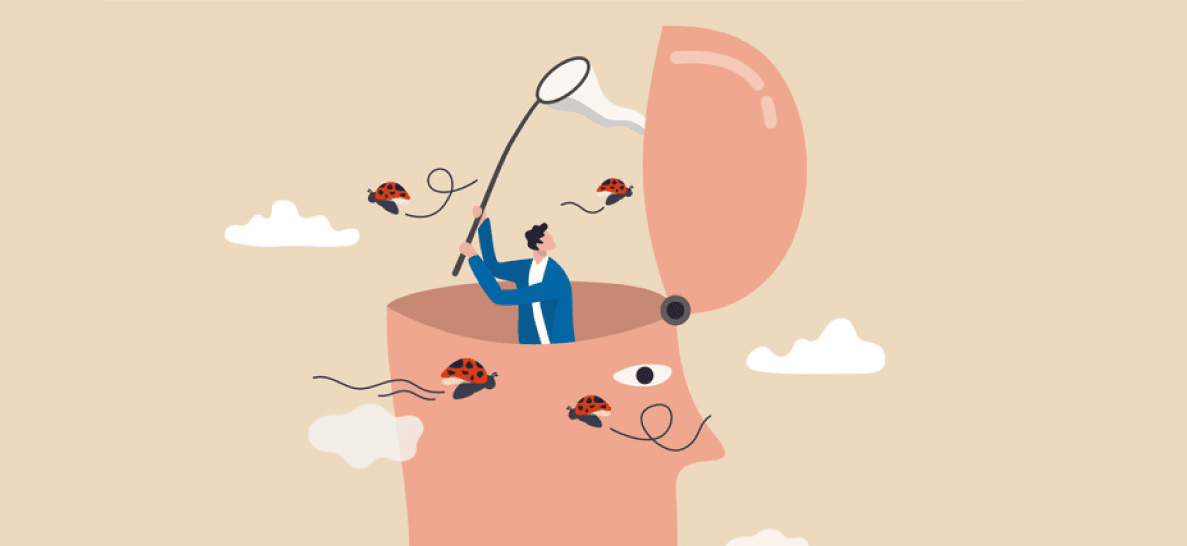Main sources of internal distraction
- Remote work or a lack of social interaction.
- Multitasking.
- Unpredictable work environments.
Emotional distractions are a symptom of our workplace culture
1.74K
14.7K reads
The idea is part of this collection:
Learn more about timemanagement with this collection
How to challenge assumptions
How to generate new ideas
How to break out of traditional thinking patterns
Related collections
Similar ideas to Main sources of internal distraction
Common Sources Of Distraction
Distractions (a lot of them driven by technology) are the biggest blockers in the way of your knowledge accumulation. What to focus on?
- Your environment: be aware of what environment you work best in, and test it. Multitasking may feel like fun, but it’s unsuitable for...
The Characteristics of The Trusted Teams
The ideal workplace culture is where there are strong relationships and nurtered individual well-being. This is the kind of workplace dynamic where individuals can benefit because they're looking our for themselves but each other asl well.
- Diverse types work ...
Common Challenges of Remote Work
Even high-performing employees can face a decline in job performance and engagement when working remotely. This can be due to:
- Lack of face-to-face supervision, which leads to a two-way communication gap and even mistrust.
- There is a delay in the procurement of information a...
Read & Learn
20x Faster
without
deepstash
with
deepstash
with
deepstash
Personalized microlearning
—
100+ Learning Journeys
—
Access to 200,000+ ideas
—
Access to the mobile app
—
Unlimited idea saving
—
—
Unlimited history
—
—
Unlimited listening to ideas
—
—
Downloading & offline access
—
—
Supercharge your mind with one idea per day
Enter your email and spend 1 minute every day to learn something new.
I agree to receive email updates

